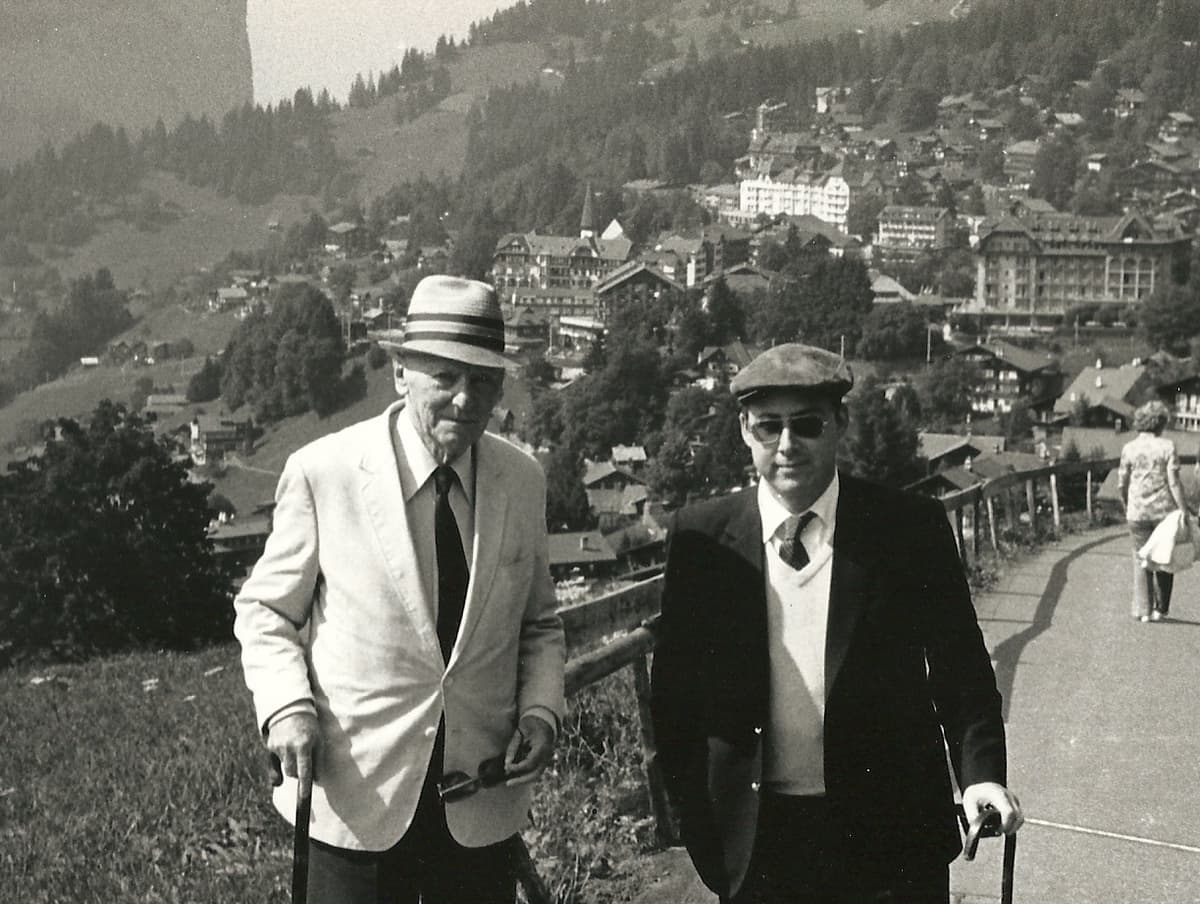
Santa Monica Establishes $3.5 Million Reparations Fund Despite ‘Dire’ Financial Outlook
By LUKE FUNK
|For those who know Singer only through his uncanny fiction, ‘Old Truths and New Cliché’ is a welcome opportunity to burrow inside the mind of the Yiddish master.

Already have a subscription? Sign in to continue reading
$0.01/day for 60 days
Cancel anytime
By continuing you agree to our Privacy Policy and Terms of Service.

By LUKE FUNK
|
By MATTHEW RICE
|
By DONALD KIRK
|
By CARL ROLLYSON
|
By BRADLEY CORTRIGHT
|
By CARLOS SOUSA
|
By LUKE FUNK
|
By JAMES BROOKE
|